I love lilies but so do the slugs. So whenever I plant a lily bulb I place a circle of copper around it that I call a slug stopper. It turns out that the copper conducts a small electrical current, like a static electric shock that the slugs don't like. And that keeps them away from that sweet juicy lily growth tip and means I get flowers on my lilies come summer.
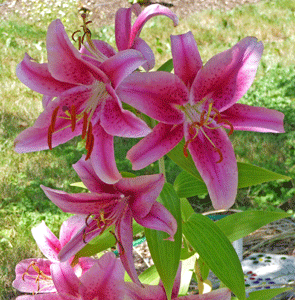
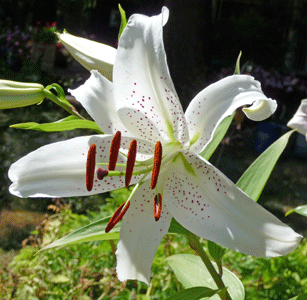
Liatris is another bulb that the slugs love. I protected them with slug stoppers for the first few years. Once they'd multiplied enough the clumps seem to have survived okay without protection. I use them a lot in bouquets and they have a nice long vase-life.
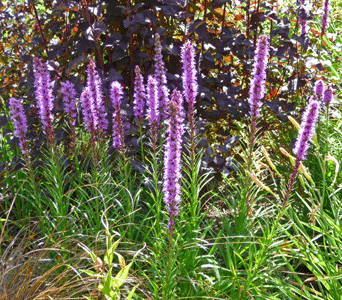
I grow both standard sized dahlias and little dwarfs. The dwarfs make a nice edging plant in garden beds and have smaller flowers to do with the smaller size plant.
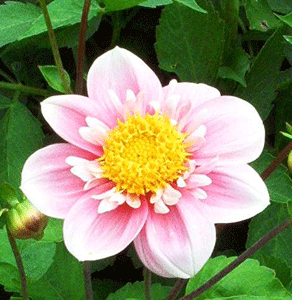
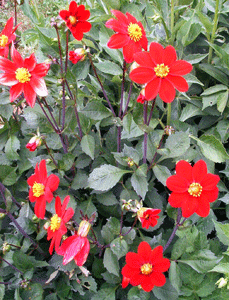
Dahlias are greedy plants. They like lots of water and are pretty heavy feeders. On top of that they are marginally hearty here in the hills outside of Seattle so you either have to dig them up every year or mulch them. Since I've got really well drained soil I can get away with mulching them with a load of leaves. About 1/2 a leaf bag of leaves on a full sized plant keeps it nice a warm for the winter.
Worst of all is that full sized dahlias need to be divided every few years. When they start getting floppy I surrender and dig them up and chop up the huge clumps. After growing dahlias for 20 years I have no more friends to give bulbs to!
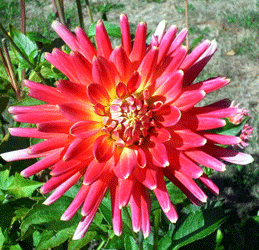
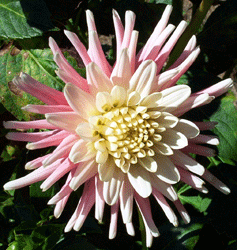
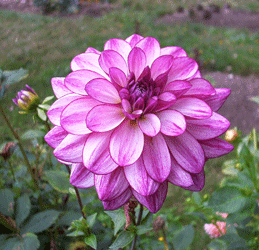
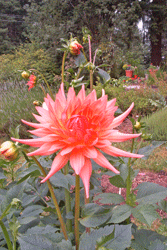
Allium cernuum is also called nodding onion. It's native to the NW and self seeds very freely where you plant them. I started with just a few of them years ago and they populated their bed so thickly that now I've started pulling them and trying them out in amongst other natives.
Hardy gladiolus are simply wonderful. They are tall and stately like a regular glad but don't need to be dug up or protected. Their flowers aren't as big and gaudy but I see that as a plus since they are less likely to fall over that way! They still need a little support, but if you plant them in amongst other tall perennials they will help hold them up.
